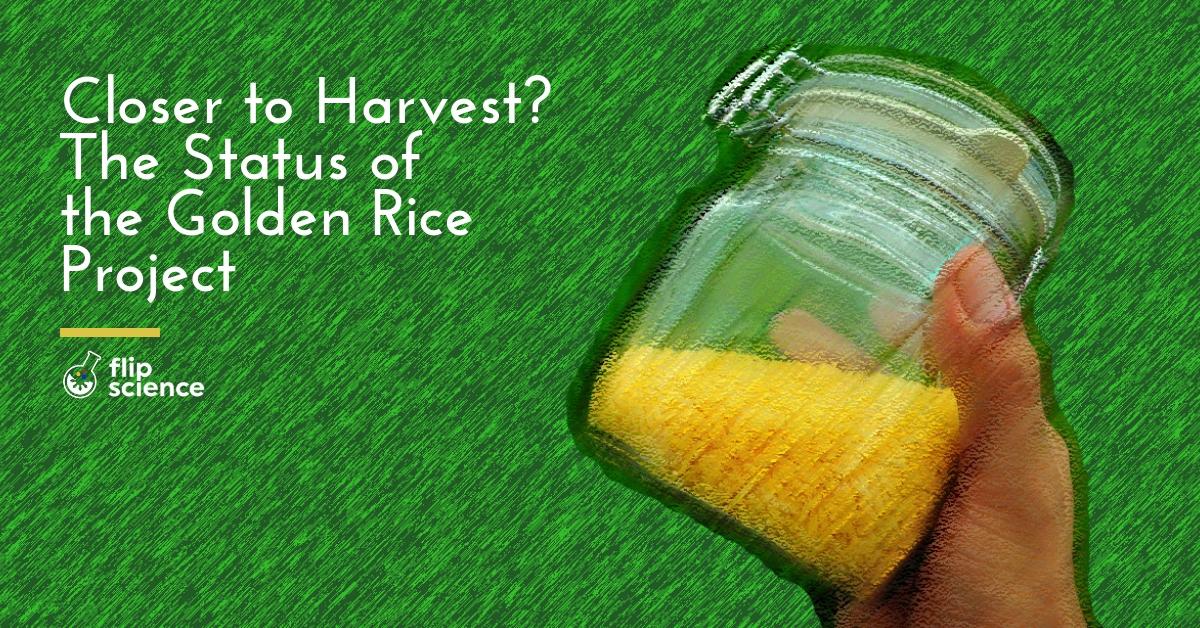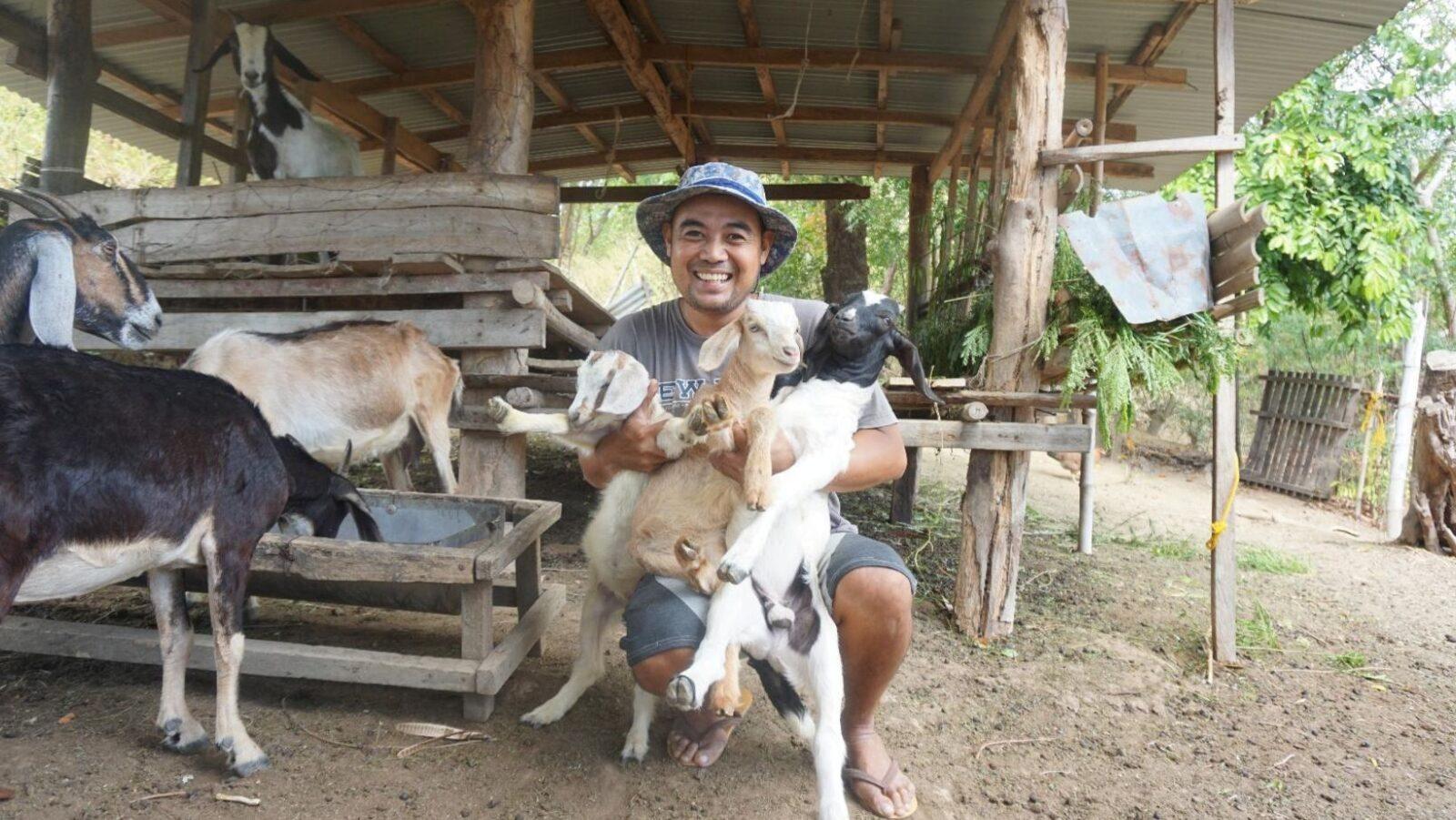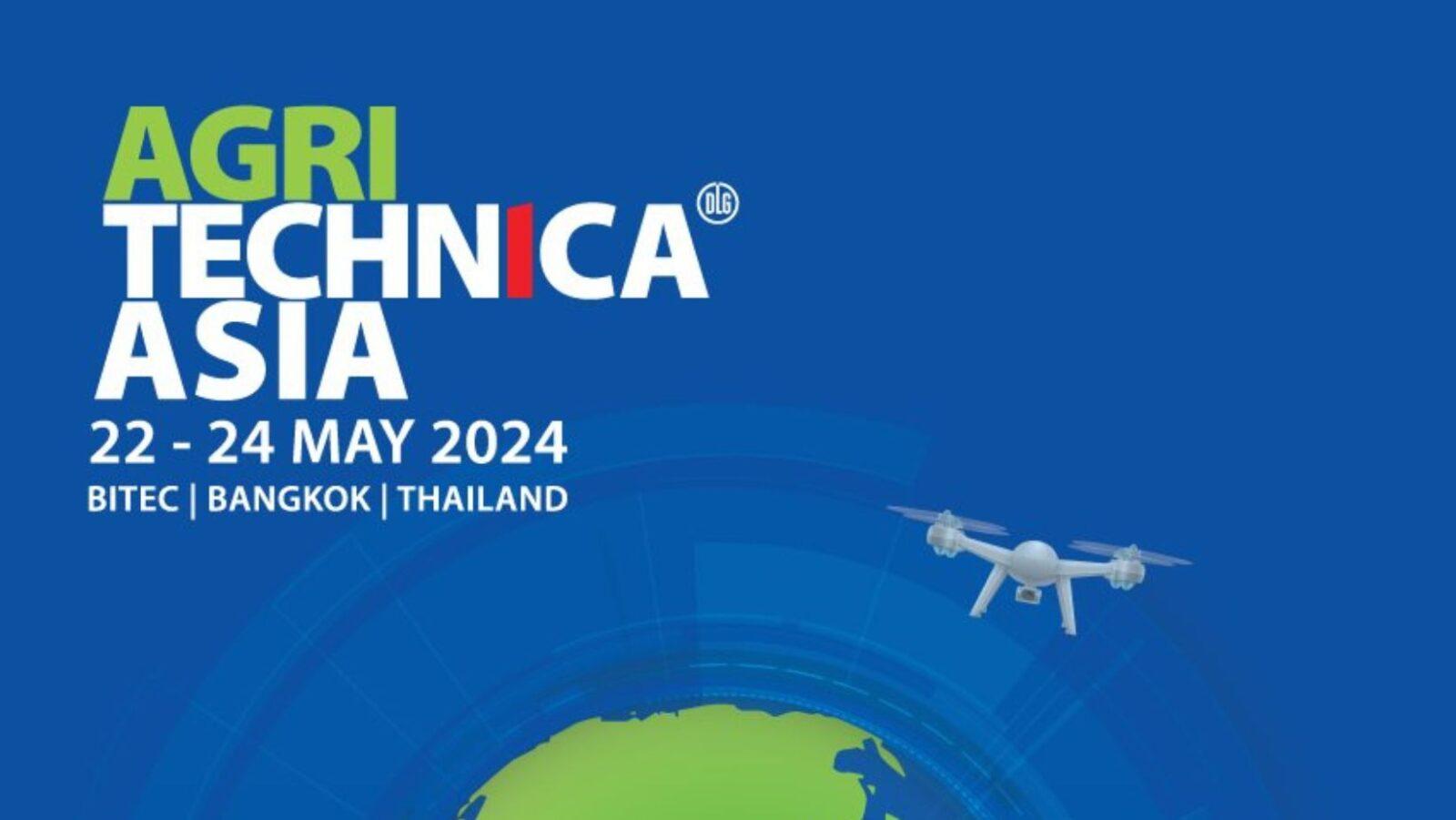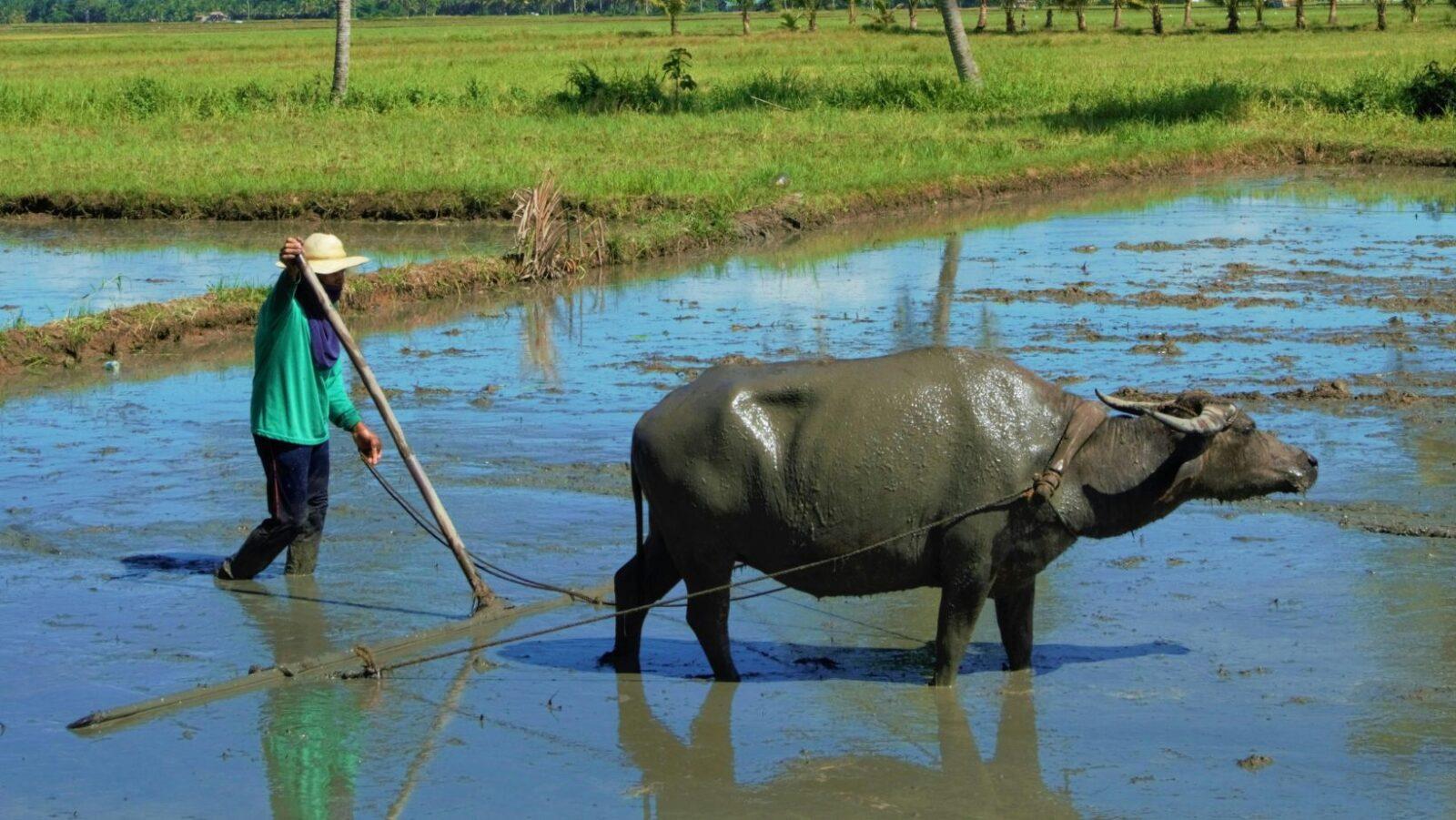Despite having received approval from the US Food and Drug Administration last May, the Golden Rice project is still about to do field tests to ensure quality and safety in the Philippines.
Written and researched by Czareina Mae Espiritu, Michael Jay Trapse, Analyn Cabote, Cecilia Angoluan, Agnes Lagat, Efraim Michael Teja, and Julibeth Baiwa of Isabela State University
A variety of Oryza sativa (rice) genetically engineered using recombinant DNA technology, Golden Rice contains beta carotene, an antioxidant which the body converts into Vitamin A. This gives the rice grain the yellow-orange or gold color that inspired its name.
However, the Golden Rice project is still on its way to completion. Its path, as expected, has not entirely been bright and shiny.
The road to Golden Rice
The Department of Agriculture’s Philippine Rice Research Institute (PhilRice) is working with the International Rice Research Institute (IRRI) towards further developing and completing the Golden Rice project in the Philippines.
The process involves different stages: research, confined field testing, field trials, safety assessments, market tests, and nutrition studies. Nevertheless, multiple rounds of trials and errors are bringing scientists closer to fully developing safe, genetically modified rice varieties with benefits that conventional varieties do not provide.
In the early stages of the project, researchers isolated specific genes from maize (a cereal grain originally from Central America) and common soil bacteria with desired traits for Golden Rice. A screen house setup then allowed for the creation of different local rice varieties.
A series of confined tests followed, where Golden Rice varieties created in the screen house were further improved to retain the same grain quality, yield, and pest resistance.
Growing pains
One of the biggest hurdles in the development of the project took place in 2014. The then-current version of the genetically engineered rice (also called an “event”), GR2R, achieved the target level of beta carotene. However, it also resulted in a reduced yield. Eventually, a more successful event, GR2E, hit the beta carotene target without negatively affect yield.
For a time, obtaining the necessary signatures from government authorities for trials proved challenging as well.
Now, the Golden Rice project is entering its fourth stage. In this phase, researchers will plant and grow Golden Rice in the same normal field environment as unmodified rice varieties. Further tests and assessments will be involved after the field test to ensure that Golden Rice is efficacious and will reach the communities that need it the most.
In addition, PhilRice is currently breeding Golden Rice varieties resistant against diseases such as tungro and bacterial blight.
Golden rice for healthy eyes
According to PhilRice, GR2E Golden Rice should be the same as traditional rice varieties in terms of safety, span of time from growth until harvest, water requirements, yield, and market price.
Data from the Food and Nutrition Research Institute Survey reveals that incidences of vitamin A deficiency among preschool children have increased from 15.2% in 2013 to 20.4% (about 2.1 million) in 2013. Additionally, roughly 9% of pregnant women and 5% of lactating mothers suffer from a deficiency in vitamin A.
Once commercialized, Golden Rice is expected to become an affordable and sustainable way to combat vitamin A deficiency in the Philippines, particularly in its most remote and underdeveloped areas.
Numerous methods of fighting vitamin A deficiency already exist, but Golden Rice looks to be the most promising. After all, rice is a staple food not just for Filipinos, but for many Asian regions as well. –MF
Cover photo: IRRI
About the Authors
The authors of this article are students of Isabela State University. Czareina Mae Espiritu, Michael Jay Trapse, Agnes Lagat, and Julibeth Baiwa are BS Biology freshmen. Efraim Michael Teja is a BA Mass Communication student, while Analyn Cabote is a BS Biology senior. Cecilia Angoluan is finishing her master’s degree in Biology. The students participated in Probe Media Foundation, Inc.‘s Biotech Boot Camp for Young Advocates on October 27, 2018.
References
- http://www.philrice.gov.ph/golden-rice/qa/
- http://www.philrice.gov.ph/golden-rice-help-address-vitamin-deficiency/







